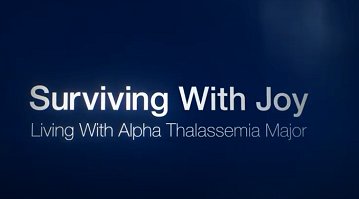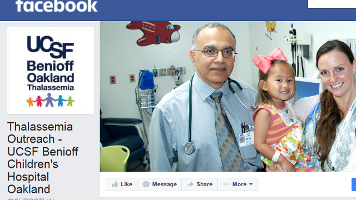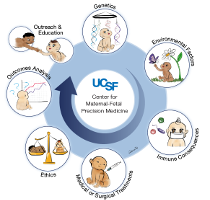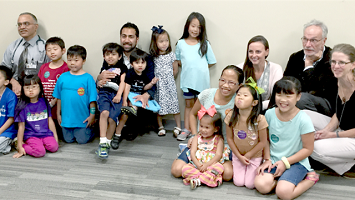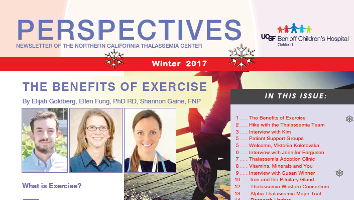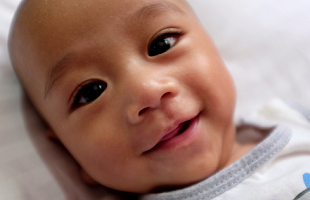The official web site of the Thalassemia Center at UCSF Benioff Children's Hospital Oakland
Welcome to the website for the Northern California Comprehensive Thalassemia Center at UCSF Benioff Children’s Hospital Oakland. The purpose of this website is to raise awareness and educate the patient community, the medical community, and the community-at-large on thalassemia. Through awareness and education, we strive to increase survival rates and improve the quality of life for patients around the world.
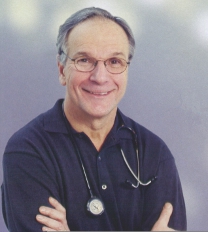
Elliott Vichinsky, MD
Director, Hematology/Oncology
Children's Hospital & Oakland

Ash Lal, MD
Director, Thalassemia Clinical Program
Children's Hospital & Oakland
Thalassemia is the most common, inherited, single-gene disorder in the world. Early comprehensive treatment and improved technology have changed thalassemia from a fatal pediatric disease to one with which patients survive throughout adulthood and can enjoy productive lives. Advances in treatment have resulted in improved quality of life and the potential for a cure. However, many patients and families never receive the information needed to make educated decisions about their treatment, and many ethnic groups are unaware of their genetic risk of thalassemia and do not receive genetic counseling or prenatal diagnosis. Thousands of patients receive medical care outside of specialized thalassemia centers. These patients and their providers need information concerning recommendations for comprehensive screening tests; access to new research protocols and treatment, including transfusion therapy, new chelation therapy, stem-cell transplantation, and hormone replacement; and risk of heart disease, osteoporosis, and hepatitis.
Quality of life for people with thalassemia can be excellent, with a future including employment, marriage, and children. To achieve this, families and providers need information concerning psychosocial well-being, cultural issues, and counseling for family planning and marriage.
In summary, this site should provide patients who have thalassemia and their and providers with necessary information to make informed decisions and achieve optimal quality of life. It is our hope that by providing electronic education on the disease, we can raise awareness, encourage people to get tested for trait, and spread knowledge about comprehensive treatment to the global community.
Updated 8-17-2018
This presentation is a tribute to Dr. George Stamatoyannopoulos provided in part by Dr. Betty Pace.
Dr. Stamatoyannopoulos was one of the world's most important scientists studying gene therapy in hemoglobinopathies.
In addition to his seminal work in globin gene regulation in hemoglobinopathies,
he made time to mentor many of the country's leading scientists. His remarkable productivity is characterized by his publications in the
journal Nature: his first publication and last paper were over 55 years apart.
We are grateful for everything he has done. He will be enormously missed.
--Elliott Vichinsky MD

